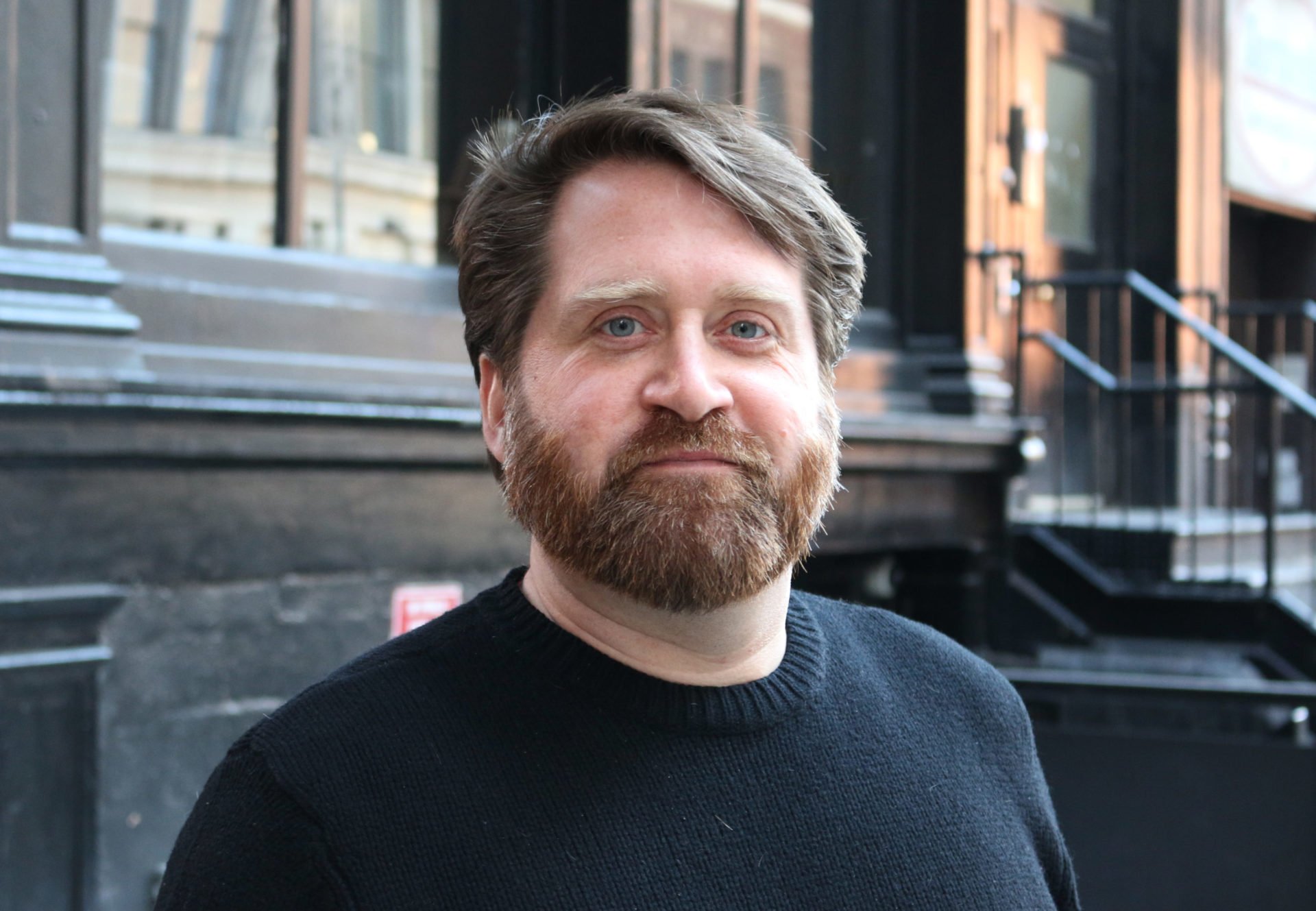
The new 32-acre facility, called Mcity, opened this week in Ann Arbor and will serve as an auto industry ecosystem for use by anyone researching autonomous vehicles.
“There’s nothing like it in the world,” according to Peter Sweatman, the director of the university’s Mobility Transformation Center, the public-private research institute that includes the testing area.
The site is extensive, to say the least, including approximately five lane-miles of roads with intersections, traffic signs and signals, sidewalks, benches, simulated buildings, street lights, and obstacles such as construction barriers. Various road surfaces, from concrete and brick to dirt and rock, a range of curve radii and ramps, sculpted dirt, and grassy areas all contribute to the range and authenticity of environments developers will be able to throw at their vehicles and systems.
Current testing on connected and autonomous vehicles is taking place around the world, but one of the main things that makes the Mcity facility unique will be its best-of-both-worlds approach to testing. Currently other controlled facilities are proprietary, with open access to only a select few; and testing on public roads raises its own unique challenges (think traffic accidents and damage.)
One other thing that Mcity has going for it? The weather, or namely the variety of weather, that developers and testers can expect in Michigan. Because many of the systems that autonomous cars rely upon don’t excel in inclement weather, having a facility where rain, wind, and snow are more commonplace will have real benefit.
“To me, the special cases—bad lighting conditions, road conditions, bad weather conditions—are the things we really need to work on,” said Raj Rajkumar, a Carnegie Mellon University professor and a developer of software for autonomous vehicles. “Testing at a course like this is how we make these things more reliable.”
For more information, check out the original article in the Wall Street Journal and the Mcity homepage.
And make sure to visit past sessions held at previous Techonomy events, like Hiking, Biking and Responsive Transit from last year’s Techonomy Detroit conference, and take a look at the program we’re building for this year’s meeting on September 15th.
Build It and They Will Drive
The University of Michigan and nearly 50 industry partners including Ford, General Motors, Qualcomm, State Farm Insurance, Toyota, Verizon, and others are betting that if you build it, self-driving cars will come. That take on the classic line from Field of Dreams applies to a gigantic new facility for proving, testing, and promoting such cars. Or, as the facility’s creators put it on their website, “the foundations of a commercially viable ecosystem of connected and automated vehicles for moving people and goods.” The new 32-acre facility, called Mcity, opened this week in Ann Arbor and will serve as an auto industry ecosystem for use by anyone researching autonomous vehicles.
















